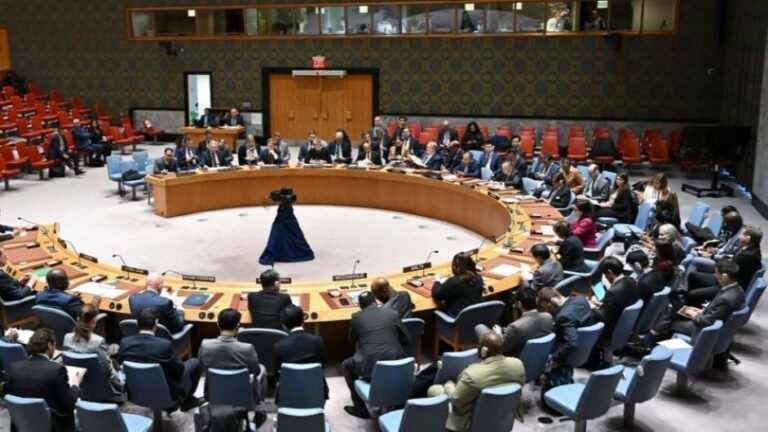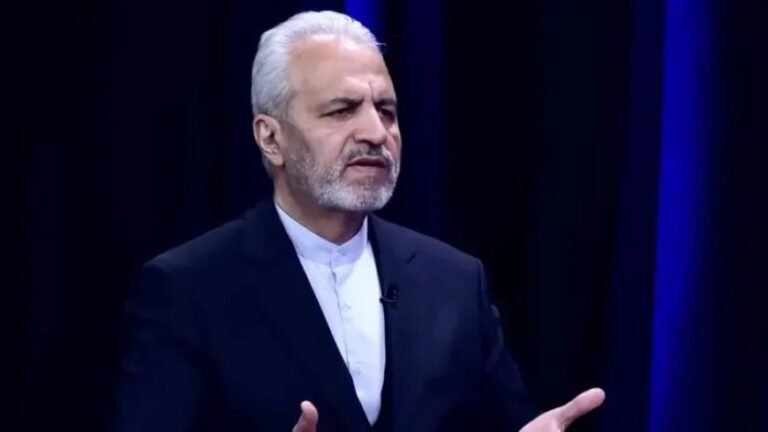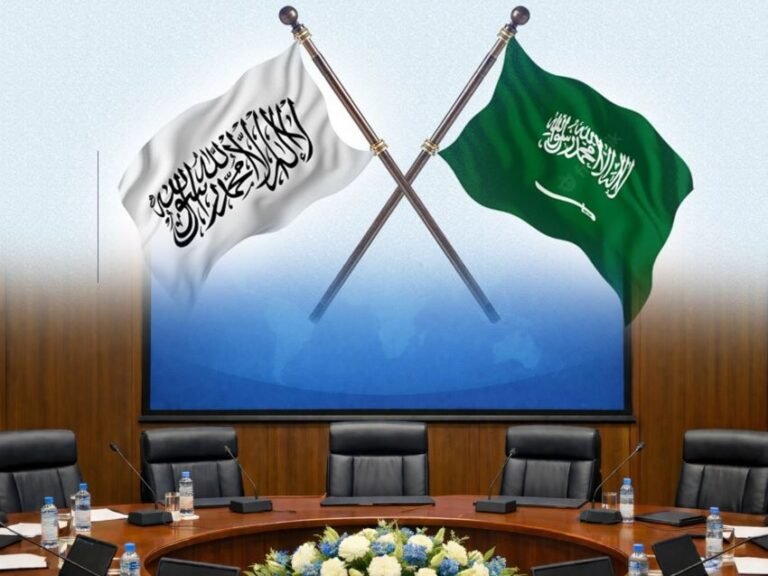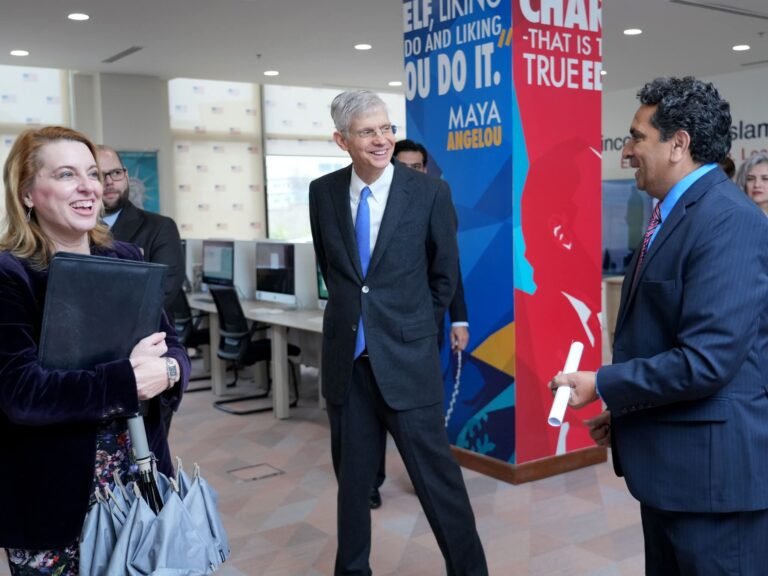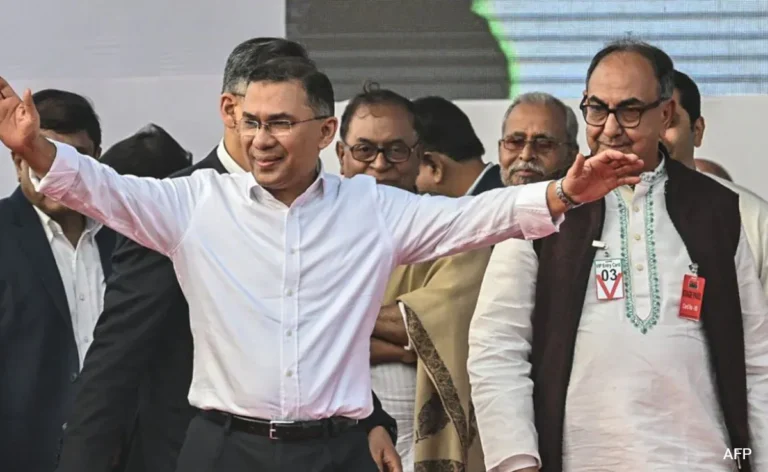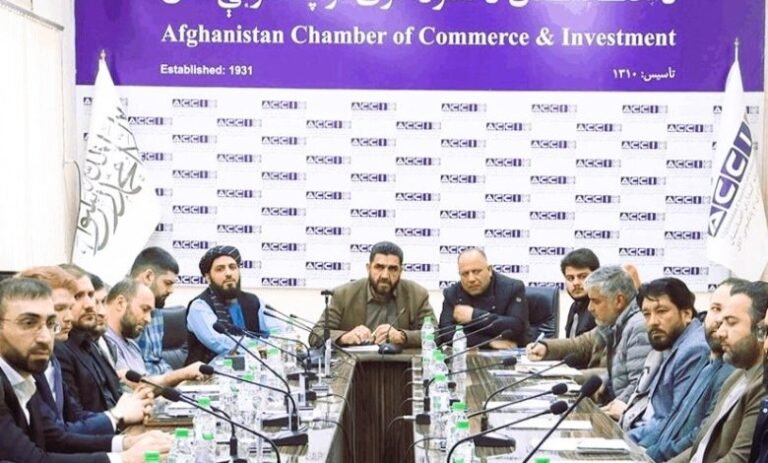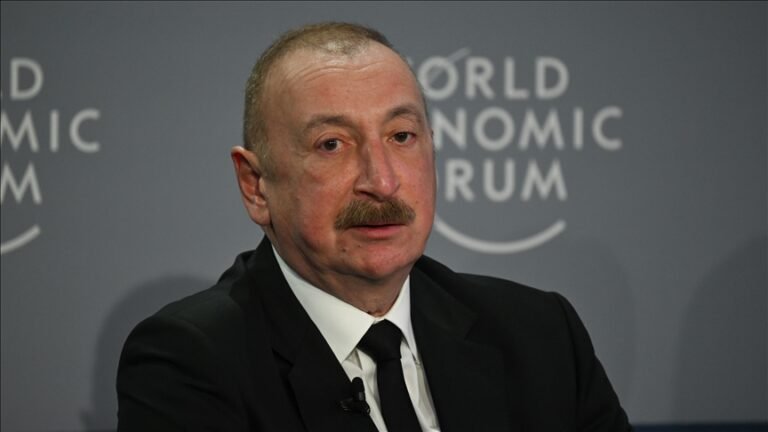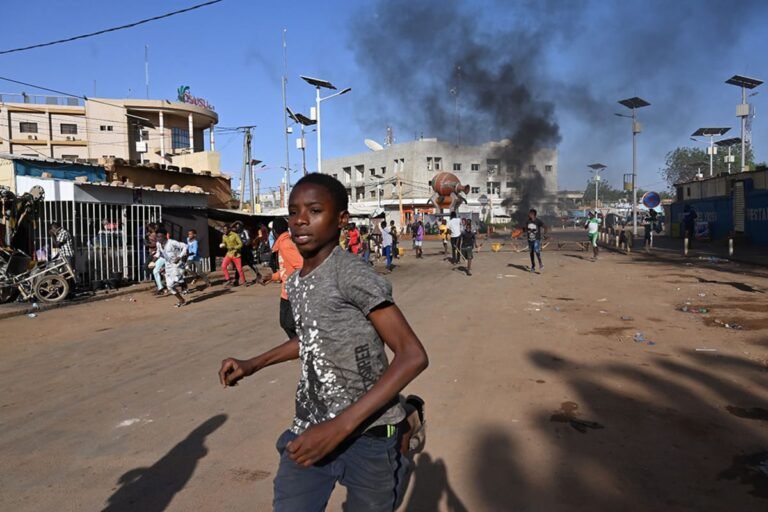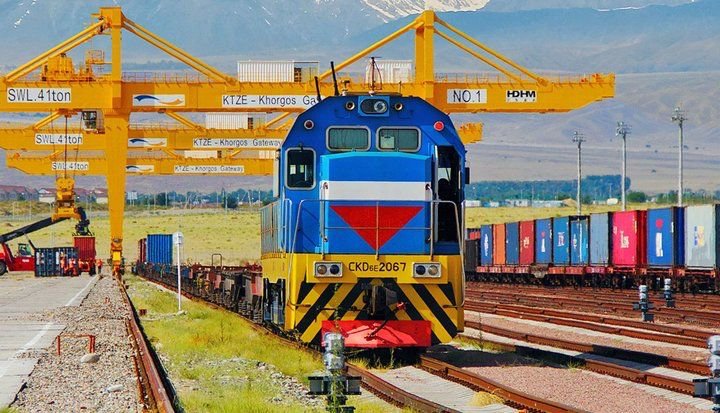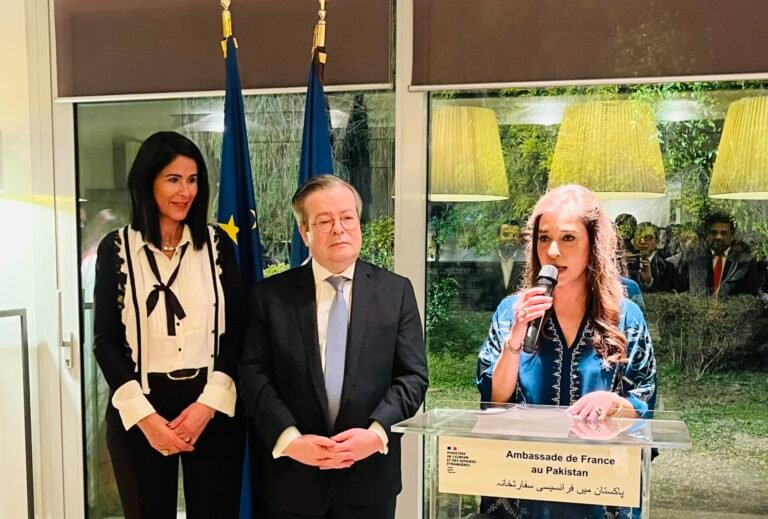Beijing, 26 October 2023 (TDI): Pakistan’s Chairman Senate, Muhammad Sadiq Sanjrani, led a high-level delegation on a productive visit to the China International Development Cooperation Agency (CIDCA) headquarters in Beijing, on October 25.
The delegation engaged in extensive discussions with CIDCA Chairman Luo Zhaohui, aiming to strengthen the bilateral ties and foster cooperation between Pakistan and China.
Chairman Senate expressed his gratitude for China’s unwavering support in Pakistan’s developmental endeavors and acknowledged the valuable contributions made by CIDCA in promoting development projects in Pakistan.
These talks mostly focused on Pakistan’s many development programs, with parliamentary development receiving special attention.
Chairman Senate, Muhammad Sadiq Sanjrani, led a high-level delegation on a productive visit to the China International Development Cooperation Agency (CIDCA) headquarters in Beijing. The delegation engaged in extensive discussions with CIDCA Chairman Luo Zhaohui, aiming to… pic.twitter.com/JiGXlkJnXK
— ᴏꜰꜰɪᴄᴇ ᴏꜰ ᴛʜᴇ ᴄʜᴀɪʀᴍᴀɴ ꜱᴇɴᴀᴛᴇ, ᴘᴀᴋɪꜱᴛᴀɴ (@OfficeSenate) October 25, 2023
Additionally, he emphasized Pakistan’s commitment to bolstering its parliamentary system and the crucial role the Parliament plays in determining national policy.
Throughout the conference, participants reiterated the agreement to strengthen Pakistan’s parliamentary system.
Both parties investigated the important possibilities of working together to build the International Parliamentarians Congress (IPC) building in Islamabad.
In addition, they expressed their eagerness for this progressive project and agreed to carry on discussions to solidify the plans further.
TGOOD will lead the development of hydrogen fueling infrastructure in Pakistan in addition to electric car technology.
Furthermore, the joint venture is ready to explore prospects for exporting goods made in Pakistan to other regions.
The main goal of the joint venture is to resolve the catch-22 that has impeded Pakistan’s switch to alternate energy.
MOU signing ceremony
Chairman Senate along with the Pakistani delegation, witnessed a Memorandum of Understanding (MOU) signing ceremony between TGOOD, leading Chinese company, and the ReC Group of Pakistan in Beijing.
𝑪𝒉𝒂𝒊𝒓𝒎𝒂𝒏 𝑺𝒆𝒏𝒂𝒕𝒆 𝒐𝒇 𝑷𝒂𝒌𝒊𝒔𝒕𝒂𝒏, 𝑴𝒖𝒉𝒂𝒎𝒎𝒂𝒅 𝑺𝒂𝒅𝒊𝒒 𝑺𝒂𝒏𝒋𝒓𝒂𝒏𝒊, 𝒂𝒍𝒐𝒏𝒈𝒘𝒊𝒕𝒉 𝒕𝒉𝒆 𝑷𝒂𝒌𝒊𝒔𝒕𝒂𝒏𝒊 𝒅𝒆𝒍𝒆𝒈𝒂𝒕𝒊𝒐𝒏, 𝒘𝒊𝒕𝒏𝒆𝒔𝒔𝒆𝒅 𝒂 𝑴𝒆𝒎𝒐𝒓𝒂𝒏𝒅𝒖𝒎 𝒐𝒇 𝑼𝒏𝒅𝒆𝒓𝒔𝒕𝒂𝒏𝒅𝒊𝒏𝒈 (𝑴𝑶𝑼) 𝒔𝒊𝒈𝒏𝒊𝒏𝒈… pic.twitter.com/cXk9dBNW5w
— ᴏꜰꜰɪᴄᴇ ᴏꜰ ᴛʜᴇ ᴄʜᴀɪʀᴍᴀɴ ꜱᴇɴᴀᴛᴇ, ᴘᴀᴋɪꜱᴛᴀɴ (@OfficeSenate) October 25, 2023
The result of this cooperation is a strategic partnership agreement that aims to transfer technology in several areas and is in line with President Xi’s sustainable green development plan from the 3rd BRI.
Moreover, the collaboration covers topics like electric vehicle (EV) manufacturing, hydrogen filling station infrastructure, battery production and recycling methods, and the development of EV charging infrastructure.
Pakistan’s urgent demands for fuel security, a better trade deficit, current account surplus, and a significant decrease in pollution levels provide the context for this revolutionary cooperation.
However, Pakistan faces a challenging dilemma: the scarcity of such cars primarily stems from limited investments in such infrastructure, and the insufficient number of charging stations hinders the adoption of alternative fuel vehicles.
Also Read: Chairman Senate commends BRI’s role to uplift economy
REC Group’s integrators are supporting TGOOD in its expansion into Pakistan through a robust Strategic Partnership Framework Agreement that encompasses full technology transfer.
The cooperation aims to address these issues and promote the establishment of an environmentally friendly and sustainable transportation ecosystem in Pakistan.
This will be achieved through strategic investments in electric vehicle (EV) components, recharging stations, and export-driven growth.
I am an independent and self-motivated under-graduate student, doing my BS in international relation from Fatima Jinnah Women University. I am well versed in
research and excellence in creating research proposals and paper, Featured Articles, Opinion Articles, Press Releases and Report writing. I have an excellent presentation skill to present my view of point on certain issue.
- This author does not have any more posts.



